Dart throwing, names in a hat, coin tosses, and binge drinking are all accepted formulas for devising a list of keywords for an SEM campaign. There is however differences in creating paid search keywords versus natural search keywords.
The main difference paid search keywords have in comparison to natural search is the breadth of generated keywords. With paid search your keywords are at the mercy of a user’s search, which is unfortunate because a user’s intelligence pales in comparison to that of an algorithm. This is why paid search keywords need to be both precise and all encompassing. Take for instance name brand HDTV’s. Keywords such as “Sony,” “Magnavox” etc need to be included however those are all very high volume keywords, and unless you are willing to pay five or more dollars a click, chances are this keyword won’t see the first page of results. However if you tweak the keywords to match a probable user comparison thought process the keyword “Sony vs Magnavox” would be of more benefit to your overall campaign.
Another important thing to remember in keyword generation is that your customers are not looking for you they are looking for your product or service, which means they’re looking for anyone. Bidding on competitors’ names has received some bad press in the past, but it’s a smart (and legal) way to be seen in the search engines. There is no need to use it as an assault on the competition, but having your name rank among their results will be of benefit to users shopping for your product or service.
Those were just two tips to keep in mind for keyword generation. For the actual generation itself, there is once again no way a human’s intellect can match that of a machine, which is why keyword generation websites can immensely help the process. There are many sites out there, some for free (Google Adwords), that generate a list of keywords along with a number of impressions. Along with this list should be a short list of negative keywords that tell the search engines not to run an ad when an unwanted keyword is entered. For example a pickle farmer would want to create a negative keyword for the type of people that live in Poland.
Developing your paid search keywords is actually the first step in generating keywords for a natural search campaign. Throughout the first months of a paid search campaign you will begin to see which keywords are out performing the rest. The top 5, along with a few long tail keywords that perform well should be considered to be a part of a natural search keyword list. Performance depends on a robust clickthrough rate as well as impressions. In natural search the only thing search engines care about is relevancy, which is why these keywords should be the 15- 20 best keywords that define your site.
If you do not plan on running a paid search campaign preceding your natural search, tools like wordtracker are of use when trying to find high volume keywords. However these high volume words should be carefully chosen. Terms like “real estate” are too broad which is why “Louisville KY real estate” would work better for the algorithm retrieving your site. Also, try to stay away from prepositions. While words like “and, but, for” etc. work for your humans users in paid search campaigns, they are usually bypassed by the search engines.
In terms of keeping up with your competitors viewing their source code to see the keywords they have used in places such as the title, headings, and descriptions is useful when creating ideas for keywords and such on your site.
Above all the aforementioned it’s important to realize the monetary distinction between paid and natural search keywords. With paid search a keyword is more of a one-time payment multiplied by the number of times it is clicked, and you can manipulate this number with targeted ad copy. For example the keyword “SPAM Prevention Software” will be seen by a large market, but if you’re software is designed for enterprises only creating copy targeted for the private market will filter out the public market. With SEO your keywords are more of an investment on the basis of impressions. Which is why to succeed in SEO the same “SPAM Prevention Software” keyword might not be the best overall investment if only 10% of the total audience searching for SPAM prevention software sees it.
While I don’t want to explicitly say that paid search is an art while natural search is a science, it more or less is like that. The majority of the time a user will not put much thought into entering in his/her keywords which is why it is important to think existentially in order to have all bases covered in a paid search campaign. Conversely in natural search you are catering to an algorithm that is essentially a cold, heartless robot that wants nothing but results. Much like an elderly, widowed piano teacher.

